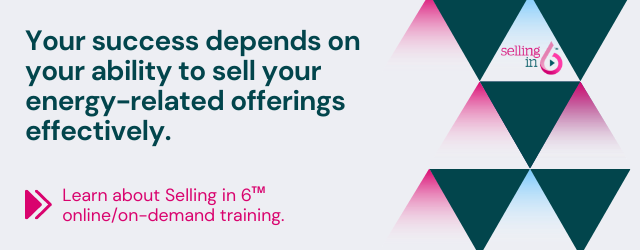Whenever you prepare for a presentation, you have to keep in mind who your audience will be and what it is that they care about. Today, we’ll cover some “Do’s” and “Do Not’s” for presenting to the C-Suite (high-level executives like CEOs, CFOs and the like).

Do’s:
Do get to the point at the start of the presentation. Many people think that they need to give an introduction about themselves, the company and its history, and the type of work they do. I don't know a CEO in the world who wants to sit in a room and listen to a PowerPoint presentation that starts off with a dozen slides with a storyline that is some variation of "We've been in business almost 100 years. Here's a slide with the logos of all the customers we do business with. This is where we have our distribution warehouses. This is a picture of my grandfather back in the early 1900s when he dragged his first energy management system through Brooklyn on a pickle cart…” You get the idea.
Do focus on risk mitigation. Many people are less interested in making money and more interested in not losing money. If you're a newcomer to the table and they haven't had experience with you or your organization, they're going to ask themselves is, "Can I trust this person? Does this person have a good enough handle on my industry and these technologies to be recommending this project and to be capable of creating value for me?"
Do come up with a value proposition that puts the customer’s story first. In many cases, your prospect doesn’t even know that they need your product or service, so it’s your job to tell them what the problem is, show them that there is a solution, and demonstrate how your solution will create value specifically for their organization.
Do Not’s:
Do not focus on your product. It sounds like heresy, right? Not to be overly provocative, but you should really stay away from the product discussion. Talk about what they get from the proposed project. Don't talk about the bits, bytes, and blinking lights. That's not what makes sales happen.
Do not dive too deeply into the “how.” When you’re trying to convince a prospect that you’re capable and qualified, it’s easy to fall into the trap of talking about the execution of the project: “This is what we will do, and how we do it. Aren’t we great?!” Instead, focus on why you do what you do and why your prospect does what he or she does, and how those two “why’s” intersect to create value.
Do not focus on price. C-level execs tend to focus less on price and more on whether what you are suggesting they invest in will create value for their organization or make it easier to manage. If you could convince a CEO that your proposal would make his or her enterprise easier to manage or more valuable, price becomes less relevant.







